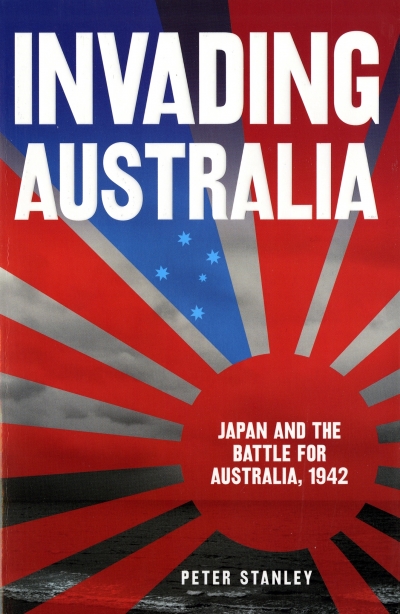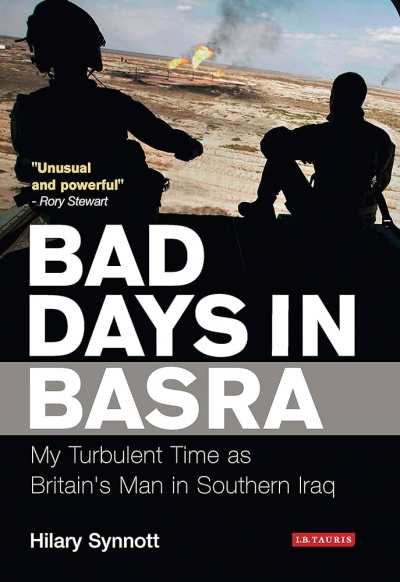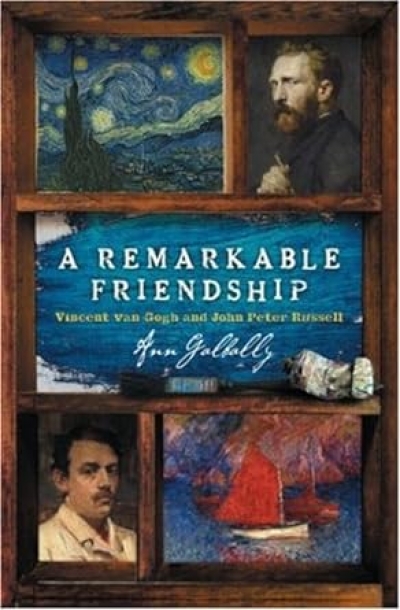Accessibility Tools
- Content scaling 100%
- Font size 100%
- Line height 100%
- Letter spacing 100%
Archive
The ABR Podcast
Released every Thursday, the ABR podcast features our finest reviews, poetry, fiction, interviews, and commentary.
Subscribe via iTunes, Stitcher, Google, or Spotify, or search for ‘The ABR Podcast’ on your favourite podcast app.
‘Where is Nancy?’ Paradoxes in the pursuit of freedom
by Marilyn Lake
This week on The ABR Podcast, Marilyn Lake reviews The Art of Power: My story as America’s first woman Speaker of the House by Nancy Pelosi. The Art of Power, explains Lake, tells how Pelosi, ‘a mother of five and a housewife from California’, became the first woman Speaker of the United States House of Representatives. Marilyn Lake is a Professorial Fellow at the University of Melbourne. Listen to Marilyn Lake’s ‘Where is Nancy?’ Paradoxes in the pursuit of freedom’, published in the November issue of ABR.
Recent episodes:
Nine years ago Oxford University Press (UK) abandoned its vaunted poetry series, the Oxford Poets. This was a bitter business, much criticised around the world. Among the featured poets were Basil Bunting, Fleur Adcock, D.J. Enright and Gwen Harwood. Much of Peter Porter’s poetry appeared in the series, including his Collected Poems (1999), published just before the controversial sell-off. Some of the original poets, and collections, now appear in Oxford-Poets, an imprint of Carcanet Press. These include Joseph Brodsky’s Collected Poems in English and Elaine Feinstein’s great edition of Marina Tsvetaeva’s Selected Poems. Chris Wallace-Crabbe’s new collection, Telling a Hawk from a Handsaw, appears in Oxford Poets. Readers will recognise several poems which first appeared in ABR. Peter Porter is quoted on the back cover: ‘[Chris Wallace-Crabbe’s] allies are words and he uses them with the care of a surgeon and the flair of a conjuror.’
... (read more)Centre of the Periphery: Three European art historians in Melbourne by Sheridan Palmer
Invading Australia: Japan and the battle for Australia, 1942 by Peter Stanley
Setting the record straight
... (read more)Dear Editor,
I have to write in support of your reviewer, Nicholas Brown, in expressing reservations about the speculative nature of much of the material in Susanna de Vries’s Desert Queen: The Many Lives and Loves of Daisy Bates (April 2008). I judge only by her treatment of Ernestine Hill (whom I knew very well as my mother’s cousin, and for whom I am literary executor). Since some people are proposing a biography of Ernestine, it is most important to set the record straight.
There was never any parallel between Ernestine’s pregnancy and that of the typical ‘girls’ of that period. An abortion was never even considered. She was delighted with her pregnancy and recorded that the birth of her son, Robert, was the ‘happiest day of my life’.






